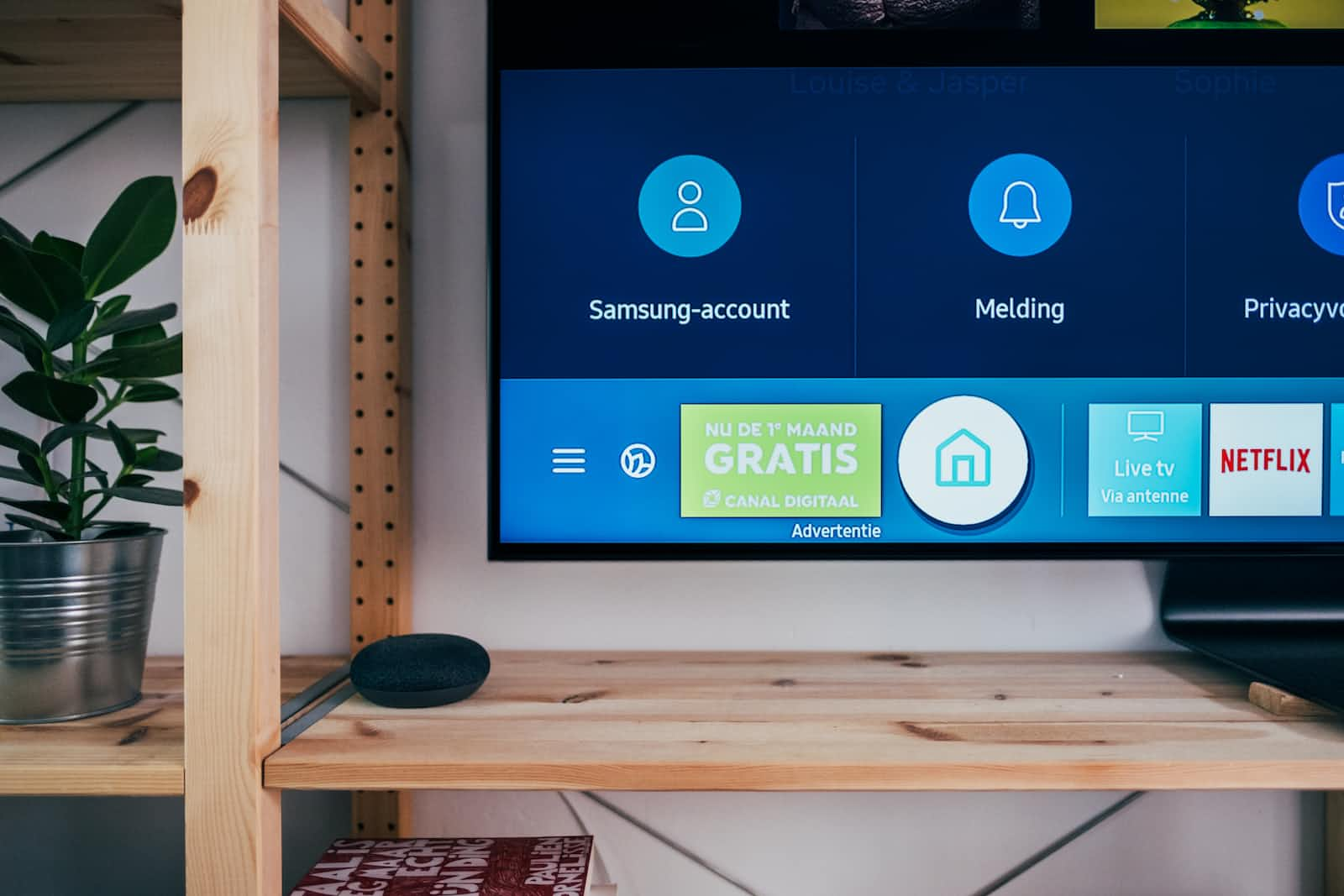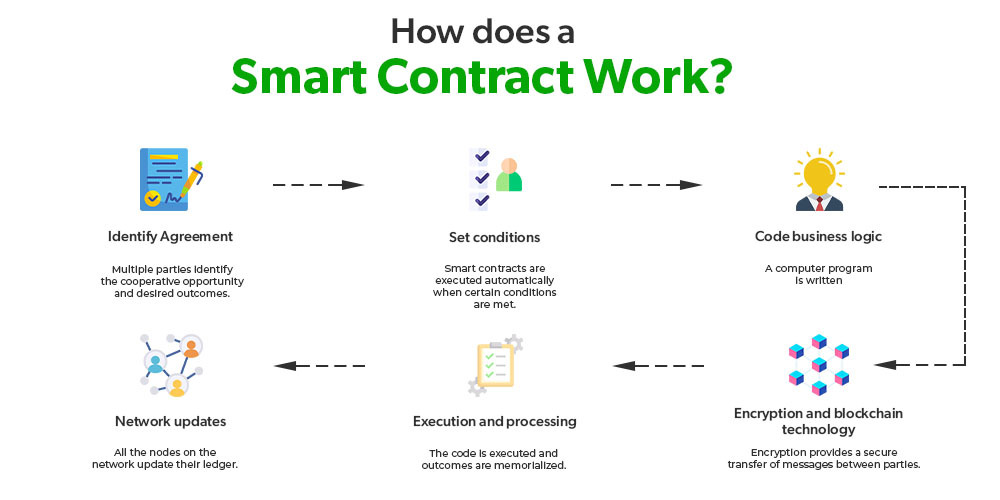Real-World Applications of Smart Contracts
 Maithali Gharde
Maithali Gharde
what is SMART CONTRACT?
A smart contract is a digital agreement that is written in code and stored on a blockchain. It is a self-executing contract with the terms of the agreement between two parties being directly written into lines of code.
The code and the agreements contained therein are stored and replicated on the blockchain, which allows for the automation of contract execution and enforcements. This means that when certain pre-defined conditions are met, the smart contract will automatically execute the agreed-upon terms without the need for any manual intervention.
Smart contracts can be used to facilitate, verify, and enforce the negotiation or performance of a wide range of agreements, such as supply chain management, real estate transactions, and financial services. They offer the benefits of reduced transaction costs and the elimination of intermediaries, as well as increased efficiency and security.
How does the smart contract works?

Smart contracts work by using pre-defined rules and conditions that are written into lines of code and stored on a blockchain. When certain conditions are met, the smart contract will automatically execute the agreed-upon terms of the contract.
For example, if Alice and Bob have agreed to a deal where Alice will sell her car to Bob for $10,000, they can use a smart contract to facilitate the transaction. The smart contract would include the terms of the agreement, such as the price of the car and the transfer of ownership upon receipt of payment.
Once both parties agree to the terms and sign the smart contract, it is stored on the blockchain. When Bob transfers the $10,000 to Alice's account, the smart contract will automatically execute the agreed-upon terms and transfer the ownership of the car to Bob.
In this way, smart contracts can automate the execution of an agreement and eliminate the need for intermediaries or manual processes. They can also provide increased security and transparency, as the terms of the contract and any transactions are recorded on the blockchain.
Real-World Applications of Smart Contracts
Real-World Applications of Smart Contracts, Here are a few examples of real-world applications of smart contracts:
Supply chain management: Smart contracts can be used to track the movement of goods and materials through the supply chain, ensuring that all parties involved in the transaction are paid in a timely and transparent manner.
Real estate: Smart contracts can streamline the process of buying and selling real estate by automating the transfer of ownership and the payment of fees.
Financial services: Smart contracts can be used to automate the execution of financial agreements, such as derivatives and insurance contracts. They can also be used to facilitate peer-to-peer transactions and reduce the need for intermediaries.
Healthcare: Smart contracts can be used to securely and transparently store and manage patient records, as well as automate the processing of insurance claims.
Government: Smart contracts can be used to automate the execution of government services, such as the issuance of visas and the management of public records.
These are just a few examples of how smart contracts can be used in the real world. As the technology continues to evolve, it is likely that we will see even more innovative and transformative applications of smart contracts in the future.
Subscribe to my newsletter
Read articles from Maithali Gharde directly inside your inbox. Subscribe to the newsletter, and don't miss out.
Written by
